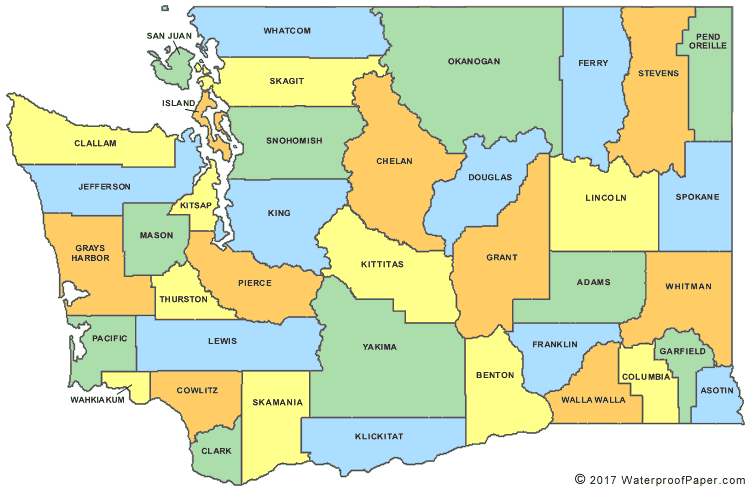Emmett Hercules Holmes was one of Spokane, Washington’s first African American residents, as well as an important politician in the young city. Holmes was born on July 7, 1872, near Vicksburg, Mississippi. By the summer of 1888, his mother was interested in moving to the Northwest, a place which seemed to provide more opportunity to blacks than was afforded in the South. She moved the family in July; they found themselves in Minneapolis, Minnesota, with two dollars and fifty cents. At this point, sixteen-year-old Holmes took matters into his own hands. He secured a loan of train tickets to Spokane Falls, Washington Territory, for the family on the word of his former employer, using his luggage as collateral.
The family arrived in Spokane Falls on July, 18, 1888, and Holmes immediately found employment as a bellhop at the Grand Hotel. Over the next several years, he would also work as a porter for a small saloon as well as for the Seattle Lakeshore and Eastern Railroad. For the next decade, Holmes worked for two more railroads, the Spokane Falls and Northern Railroad, as well as the Spokane International Railroad, both in construction and as a porter. All three of these lines proved to be integral to the economy of the young city.
In the 1890s, Holmes began working as a butler for D.C. Corbin, an important and powerful entrepreneur in the city. This would prove to be a lasting and valuable relationship for many decades. After a brief time spent in public office, he returned to Corbin’s employment for twelve years until 1918 when he was once again called for public service. He would later serve one more decade under Corbin’s employment. A deep friendship grew between the two men, and at the time of Corbin’s death, Emmett Holmes and his wife were both given a lifelong pension as part of his will.
Holmes began his political involvement at the age of sixteen when he joined the John A. Logan Colored Republican Club of Spokane Falls. Soon after, he was elected secretary of the Spokane chapter of the Afro-American League. In the early 1900s, he pursued a civil suit against the Washington Water Power Company for preventing him from eating at a restaurant they owned, though the outcome of the case is unknown.
His political involvement turned into a political career in the year 1900 when Holmes was appointed deputy county treasurer of Spokane County. In 1918 after finishing his second stint of employment with Corbin, he was appointed by Washington Governor Ernest Lister as the identification officer for the Washington State Penitentiary in Walla Walla. In the 1930s, Holmes served as postmaster of the state legislature, a political appointment by Governor Clarence D. Martin.
In 1917 Holmes was elected leader of the Negro Masons of Washington where he successfully contributed to the increase in mason work in the Northwest during his time in office. Holmes also helped found two churches during his time in Spokane, the First African Methodist Episcopal Church, as well as the Calvary Baptist Church. Both proved to be important centers for the African American community in Spokane.
Emmett Hercules Holmes died of natural causes in 1948. At the time of his death, he had held more government posts than any other African American in the state.

